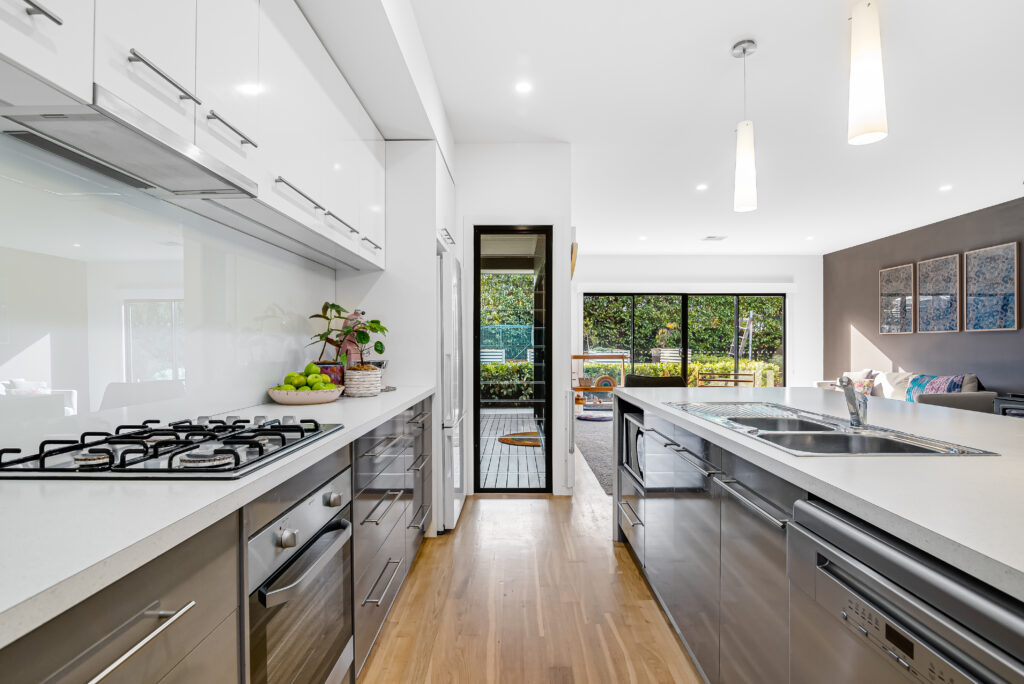Fixed term and periodic lease agreements (and how to know which one to choose).
It’s important to know the difference between fixed vs. periodic Adelaide Hills rentals. In periodic agreements, there’s no pre-set end end-date when you’re renting a property. The contract just keeps rolling, until one party (the landlord or tenant) terminates it. But, expect most properties to be advertised as a fixed term, unless stated otherwise.
Periodic leases happen when one party initiates it, at the end of a fixed term. This needs to be requested in writing, close to or at the end of a fixed term. It can’t happen mid-way through an agreement.
How periodic leases can benefit you
If you’re a renter, the periodic agreement can give you more freedom to navigate the current Adelaide Hills real estate market. You might be planning to buy a house soon but are just waiting to secure a property. Knowing that you’re not locked into an Adelaide Hills rental agreement for up to a year can help you jump on opportunities.
Maybe you’re unsure of your plans to stay in that area. You might be thinking about relocating in the next few months. Whatever your reason, if you think your lifestyle might change, it’s important to talk with a skilled Adelaide Hills property manager who can help you shift to a periodic agreement. This will be required in writing, with reasons as to why you want to switch to this lease style. As a tenant, you need to give 21 days’ notice.
If you’re a landlord, periodic agreements can also come in handy (especially given how fast the real estate market is moving). You might plan to sell a property or potentially move into it, but you’re not quite ready yet. Maybe, you want to complete renovations and extensions, then re-let it.
As a landlord, you have two different options, timing-wise: 60 or 90 days. If you want vacant possession to put it back on the market and secure a new tenant, 90 days is the usual timeframe. However, if you or a family member plan to move in, there’s maintenance to complete, you want to put the property on the market, or you’ve sold it and at 60 days’ notice from the date a contract is signed (if the purchaser is owner-occupier).
It’s also important to note that even with periodic open-ended leases, there should still be a process to review the rent. This should happen every 12 months, especially given how strong the rental market is in the Adelaide Hills. With any rental increase, by law the tenant requires 60 days’ notice.
Skilled property managers in your corner
As you can see, there’s a lot of moving parts, dates and must-dos for renters and landlords. Engaging a team of experienced property managers who can walk you through your real estate journey is essential. If you have questions or want to make empowered decisions for your family, we’re here to help.
Get in touch with our family of Adelaide Hills rental property managers and real estate agents.
